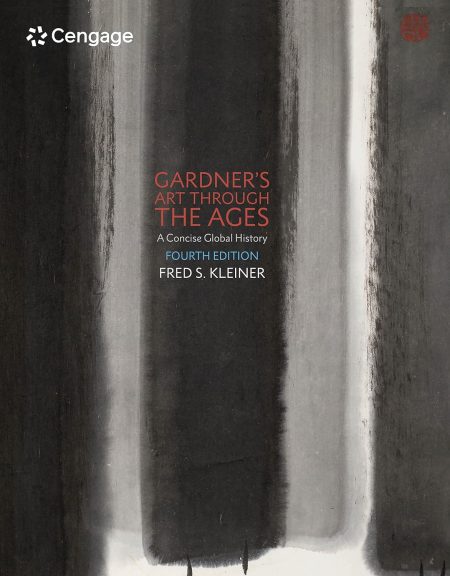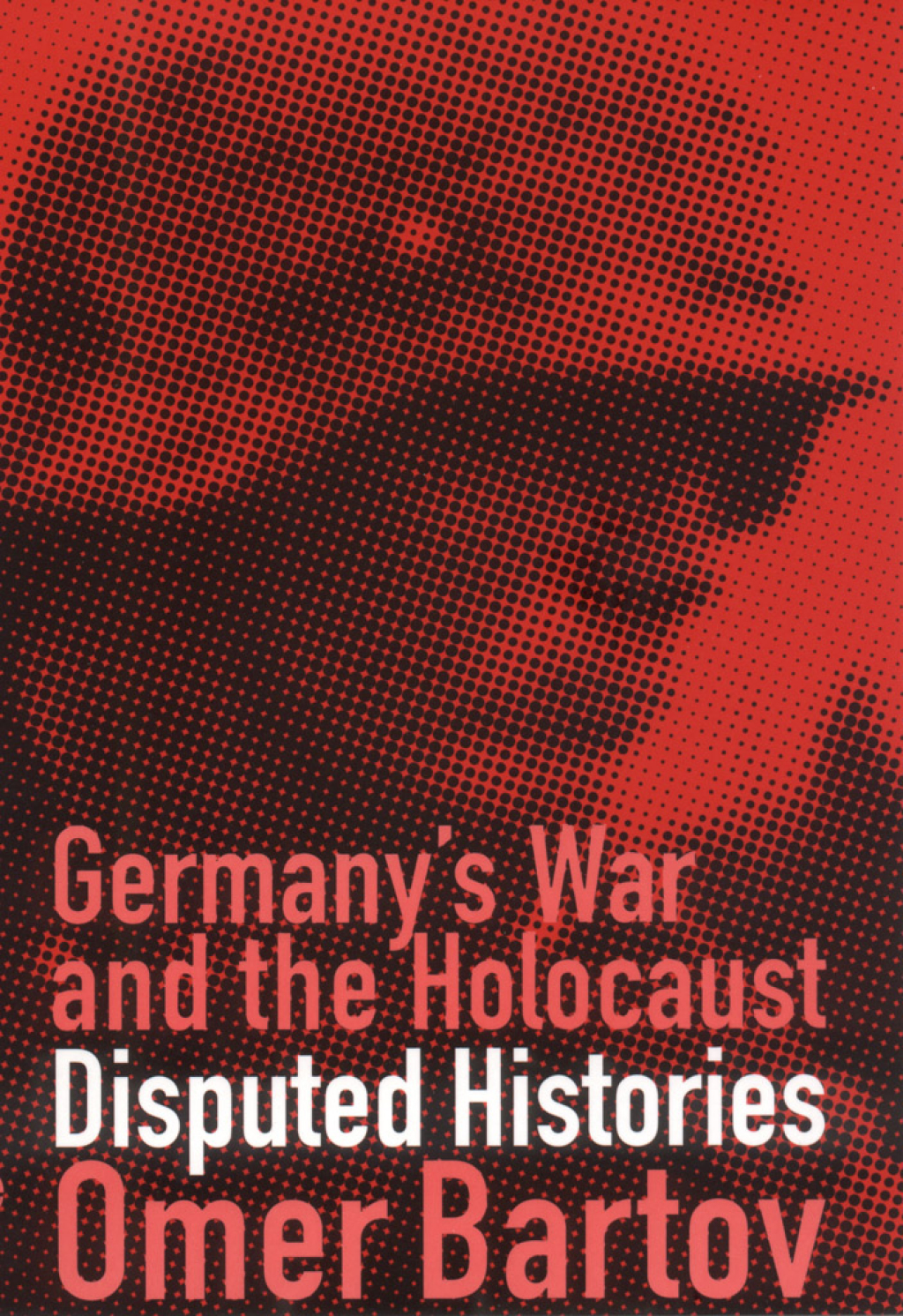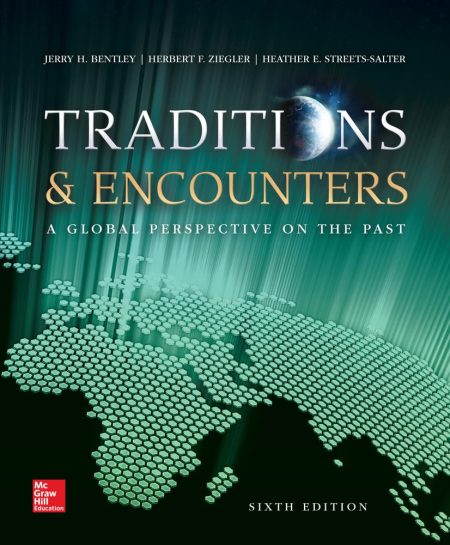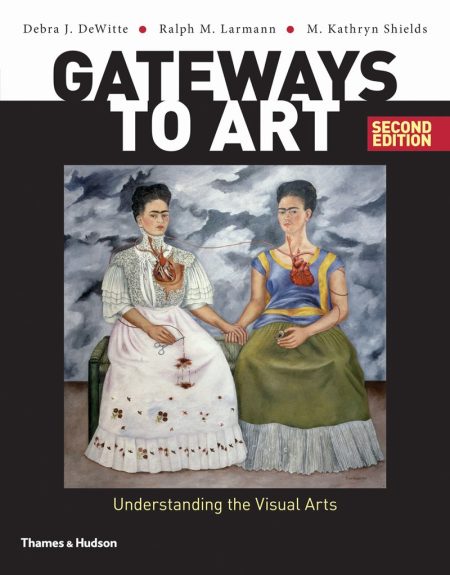Description
“While attempts to come to terms with past catastrophe… can help prevent its recurrence, they may also provide arguments for… actions against the real or imagined perpetrators of previous disasters. The confrontation with… catastrophe can help us understand the roots and nature of this century’s destructive urges, as well as humanity’s extraordinary recuperative capacities; but it can also legitimize the perpetuation of violence and aggression.”—from the Introduction
Omer Bartov, a leading scholar of the Wehrmacht and the Holocaust, provides a critical analysis of various recent ways to understand the genocidal policies of the Nazi regime and the reconstruction of German and Jewish identities in the wake of World War II. Germany’s War and the Holocaust both deepens our understanding of a crucial period in history and serves as an invaluable introduction to the vast body of literature in the field of Holocaust studies.
Drawing on his background as a military historian to probe the nature of German warfare, Bartov considers the postwar myth of army resistance to Hitler and investigates the image of Blitzkrieg as a means to glorify war, debilitate the enemy, and hide the realities of mass destruction. The author also addresses several new analyses of the roots and nature of Nazi extermination policies, including revisionist views of the concentration camps. Finally, Bartov examines some paradigmatic interpretations of the Nazi period and its aftermath: the changing American, European, and Israeli discourses on the Holocaust; Victor Klemperer’s view of Nazi Germany from within; and Germany’s perception of its own victimhood.











